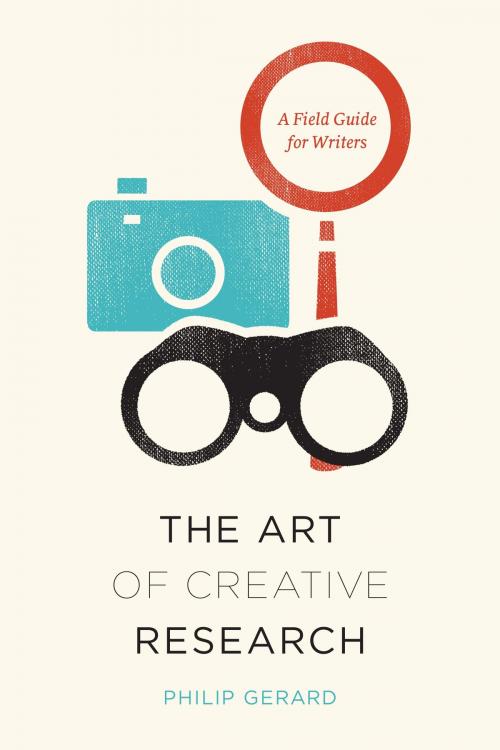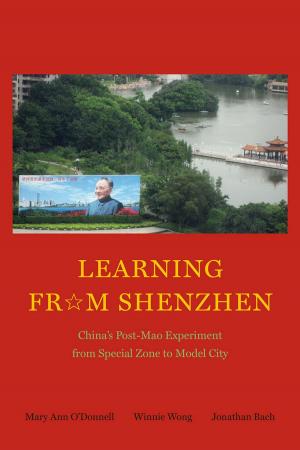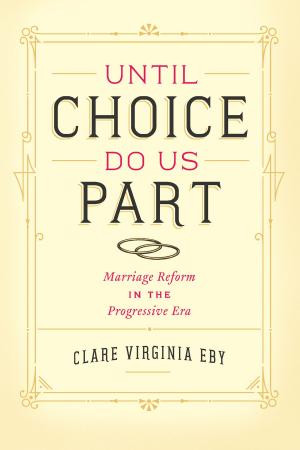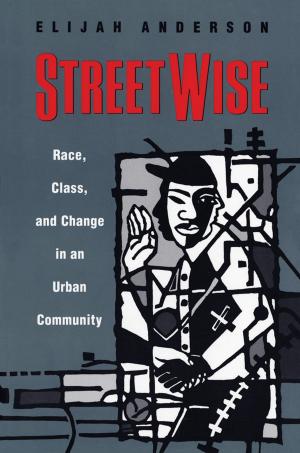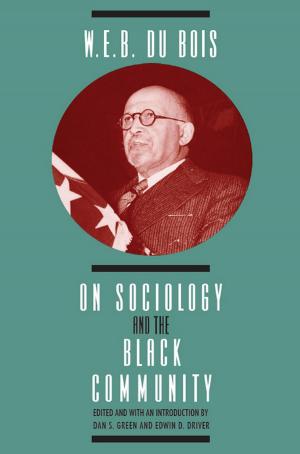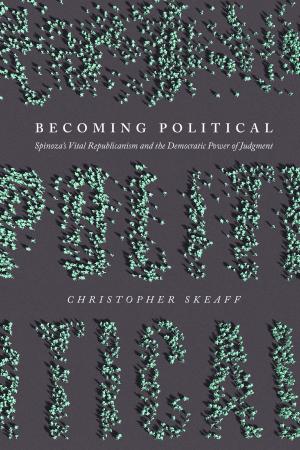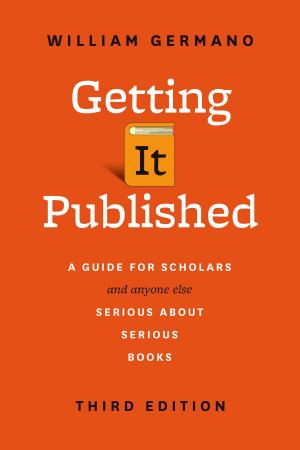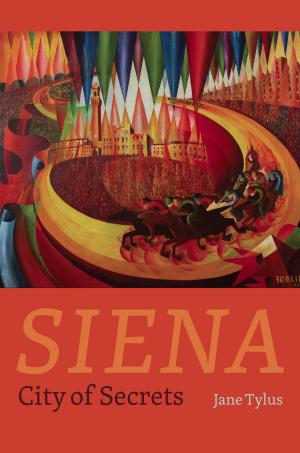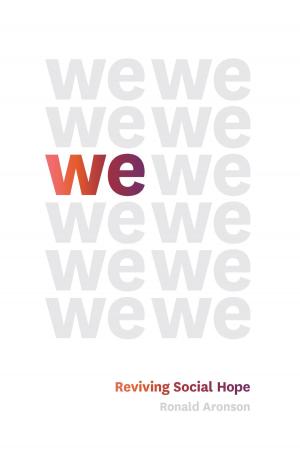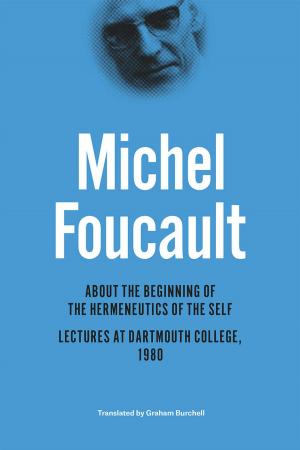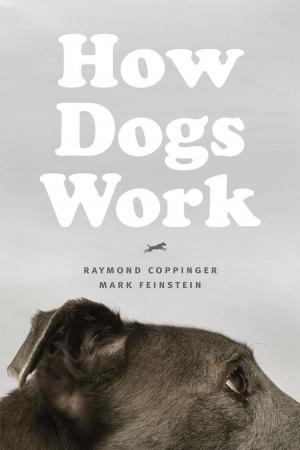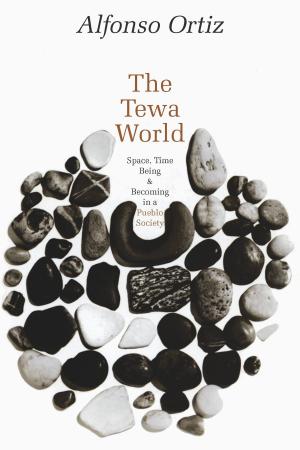The Art of Creative Research
A Field Guide for Writers
Nonfiction, Reference & Language, Language Arts, Writing & Publishing, Writing Skills, Composition & Creative Writing, Reference| Author: | Philip Gerard | ISBN: | 9780226179940 |
| Publisher: | University of Chicago Press | Publication: | February 23, 2017 |
| Imprint: | University of Chicago Press | Language: | English |
| Author: | Philip Gerard |
| ISBN: | 9780226179940 |
| Publisher: | University of Chicago Press |
| Publication: | February 23, 2017 |
| Imprint: | University of Chicago Press |
| Language: | English |
All writers conduct research. For some this means poring over records and combing, archives but for many creative writers research happens in the everyday world—when they scribble an observation on the subway, when they travel to get the feel for a city, or when they strike up a conversation with an interesting stranger.
The Art of Creative Research helps writers take this natural inclination to explore and observe and turn it into a workable—and enjoyable—research plan. It shows that research shouldn’t be seen as a dry, plodding aspect of writing. Instead, it’s an art that all writers can master, one that unearths surprises and fuels imagination. This lends authenticity to fiction and poetry as well as nonfiction.
Philip Gerard distills the process into fundamental questions: How do you conduct research? And what can you do with the information you gather? He covers both in-person research and work in archives and illustrates how the different types of research can be incorporated into stories, poems, and essays using examples from a wide range of writers in addition to those from his own projects. Throughout, Gerard brings knowledge from his seasoned background into play, drawing on his experiences as a reporter and a writer of both fiction and nonfiction. His enthusiasm for adventure is infectious and will inspire writers to step away from the keyboard and into the world.
“Research can take you to that golden intersection where the personal meets the public, the private crosses the universal, where the best literature lives,” Gerard writes. With his masterly guidance, anyone can become an expert in artful investigation.
All writers conduct research. For some this means poring over records and combing, archives but for many creative writers research happens in the everyday world—when they scribble an observation on the subway, when they travel to get the feel for a city, or when they strike up a conversation with an interesting stranger.
The Art of Creative Research helps writers take this natural inclination to explore and observe and turn it into a workable—and enjoyable—research plan. It shows that research shouldn’t be seen as a dry, plodding aspect of writing. Instead, it’s an art that all writers can master, one that unearths surprises and fuels imagination. This lends authenticity to fiction and poetry as well as nonfiction.
Philip Gerard distills the process into fundamental questions: How do you conduct research? And what can you do with the information you gather? He covers both in-person research and work in archives and illustrates how the different types of research can be incorporated into stories, poems, and essays using examples from a wide range of writers in addition to those from his own projects. Throughout, Gerard brings knowledge from his seasoned background into play, drawing on his experiences as a reporter and a writer of both fiction and nonfiction. His enthusiasm for adventure is infectious and will inspire writers to step away from the keyboard and into the world.
“Research can take you to that golden intersection where the personal meets the public, the private crosses the universal, where the best literature lives,” Gerard writes. With his masterly guidance, anyone can become an expert in artful investigation.
